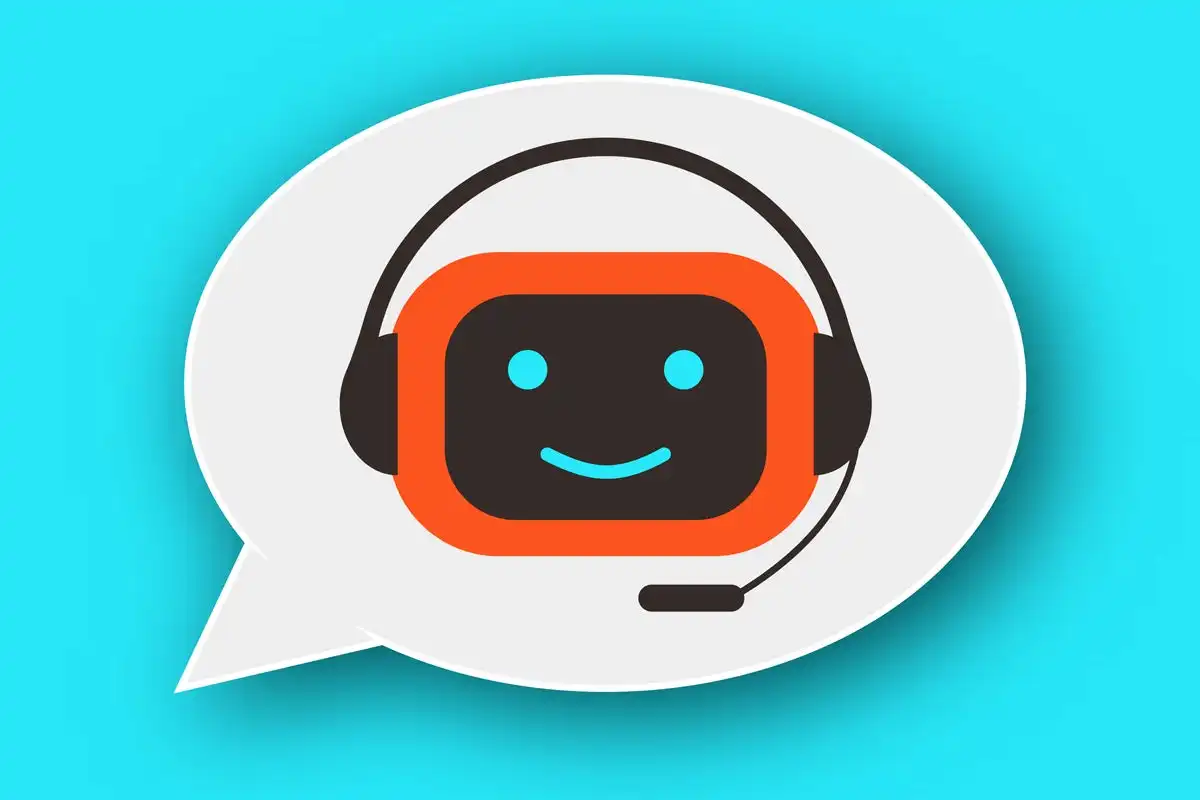Chirping to Health: Social Media’s Power for Patient Engagement!
In the last decade, social media has revolutionized the way we interact with each other. It has changed how we communicate, share, and learn from each other. Its impact in various fields, including healthcare, has been tremendous. Today, social media has become an indispensable tool for patients and healthcare providers alike. In this article, we will explore how social media is transforming patient engagement and its impact on healthcare.
Hear the Chirp! Social Media and Patient Health
Social media platforms such as Twitter, Facebook, and Instagram have become great sources of information for patients. Patients can easily connect with others who have shared similar experiences, learn about new treatments, and access support groups. Social media has also helped patients to become more informed, empowered, and active participants in their healthcare. It has brought greater transparency to healthcare, allowing patients to share their experiences with healthcare providers and hold them accountable.
Social media has also enabled patients to share their stories and experiences with a broader audience. Patients can use social media to raise awareness about their conditions, advocate for better care, and promote research. Social media has also enabled patients to connect with healthcare providers and researchers, who can use patient feedback to improve care and develop new treatments.
Get Engaged! The Power of Social Media in Healthcare
Social media has also transformed patient engagement in healthcare. Patients can use social media to access health information, wellness tips, and advice from healthcare providers. Social media has made it easier for healthcare providers to engage with patients, track their progress, and provide support. Social media has also enabled healthcare organizations to reach a broader audience, promote their services, and engage with patients.
Social media has also been instrumental in promoting health initiatives, public health campaigns, and disease prevention programs. Social media has enabled healthcare providers to deliver health information and advice to a broader audience. It has also enabled patients to participate in public health campaigns, contribute to research, and share their experiences with others.
Social media has become an indispensable tool for patient engagement in healthcare. It has enabled patients to become more informed, empowered, and active participants in their healthcare. Social media has also enabled healthcare providers to engage with patients, provide support, and promote health initiatives. As social media continues to evolve, we can expect it to play an even more significant role in patient engagement and healthcare in the future.
